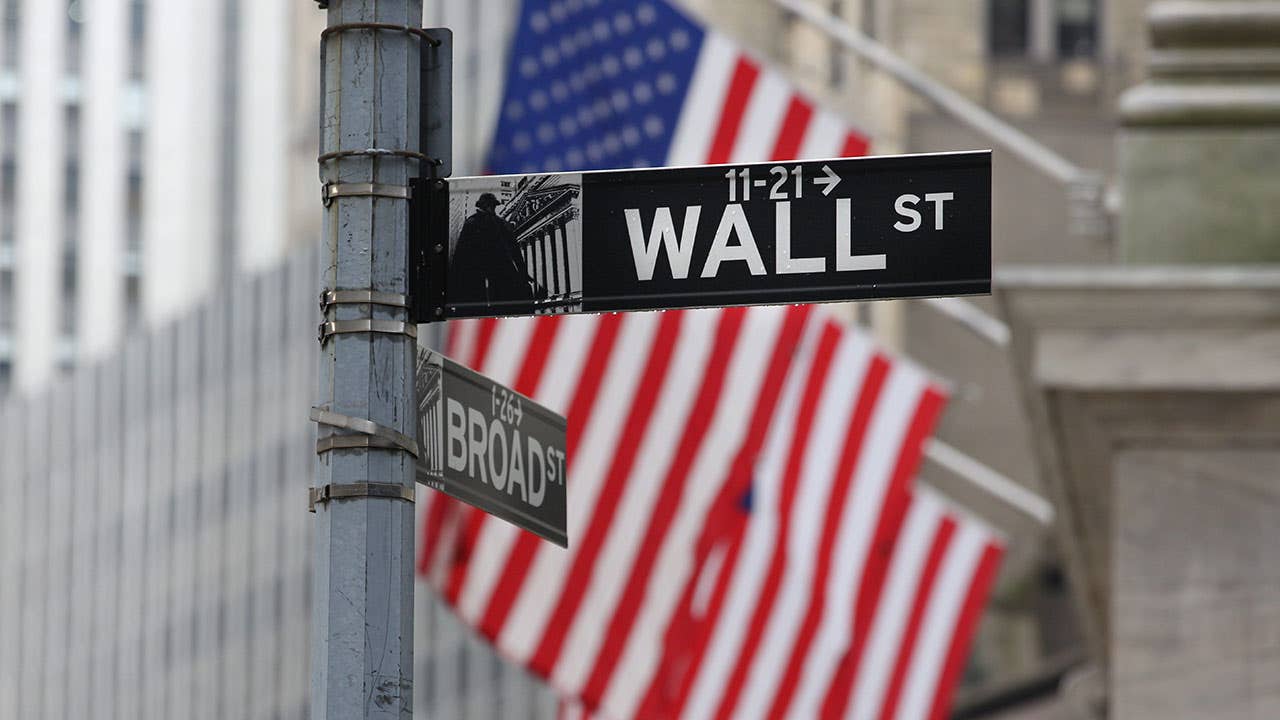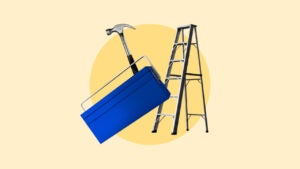Three-fourths of business economists are predicting a recession by 2021

Experts are betting that a recession is on the horizon, and a majority think a downturn will occur over the next two years, a new poll suggests.
Seventy-seven percent of business economists surveyed by the National Association for Business Economics (NABE) predict that the U.S. economy will enter a recession by the end of 2021, with 42 percent estimating that the contraction will occur in 2020 and 25 percent predicting 2021, according to the organization’s February report released Monday. Ten percent of the nearly 300 panelists expect that the economy will decline this year, the survey showed.
The report reinforces expectations of waning economic growth, as stimulus from the Tax Cuts and Jobs Act of 2017 wears off. Data showing the U.S. economy’s total output of goods and services from the fourth quarter of 2018 will be released Thursday, and this gauge of economic growth is largely expected to cool, after an unexpected plunge in retail sales from last month and the lengthiest government shutdown in U.S. history.
But this doesn’t mean it’s time to panic, according to Mark Hamrick, Bankrate’s senior economic analyst. Predicting a recession is tough, and they’re not all as bad as the financial crisis of 2008, he says.
It’s “a bit like a long-term forecast for a thunderstorm: You can bet there will be one, but the timing is extremely challenging. Economic expansions don’t last forever, of course, and the current one will be no exception,” Hamrick says. “Fortunately, it is highly unlikely that the next downturn will be anything like the last severe recession.”
What to expect from the Fed on rates
The Federal Reserve is watching these developments closely, records from the U.S. central bank’s last policymaking meeting show. But business economists responding to the NABE survey still say more interest rate hikes are likely.
The Fed’s benchmark interest rate is currently in a range of 2.25 percent and 2.5 percent, but 65 percent of those surveyed expect it will be 2.75 percent by the end of this year. More than a quarter said it would be 3 percent, the poll showed.
Nearly 80 percent of respondents said that higher interest rates will not derail the global economy, the survey said.
This differs from investors’ opinions, who are largely betting that the Fed will hold off on borrowing cost increases all year, according to CME Group’s FedWatch tool, which tracks the pricing of interest-rate futures.
“There is a schism between what the NABE panel and the markets think about the Fed’s rate path,” said Megan Greene, managing director and chief economist at Manulife Asset Management who chaired the survey.
After Fed officials said they would be “patient” with their timing of future rate increases, market participants started to wonder if the Fed’s next move could be a cut. Even former Fed chair Janet Yellen said it could be possible.
But only 11 percent of economists surveyed think this is likely, the poll showed. Nearly 80 percent said the fed funds rate will need to be higher first.
Preparing for the next recession
While headwinds to the U.S. economy persist, other data show that there’s much to be proud of, especially when it comes to the job market. The unemployment rate in January held near a half-decade low, and the economy added more than 300,000 new positions last month, which marked 100 straight months of job growth.
But economic cycles tell us that periods of expansion are followed by periods of contraction. Although it’s unknown when the next recession may hit, it’s important to prep for the bad times when all is well, according to Hamrick.
“You can’t wait until the moment before a car accident to buckle up,” Hamrick says. “Americans should not focus so much on the exact timing of the next recession, but should plan as if it is a certainty with the arrival time to be determined. That means being focused on long-term goals, such as saving for emergencies, saving for retirement and paying down debt. It is all part of making financial hay where the sun shines.”
Why we ask for feedback Your feedback helps us improve our content and services. It takes less than a minute to complete.
Your responses are anonymous and will only be used for improving our website.






